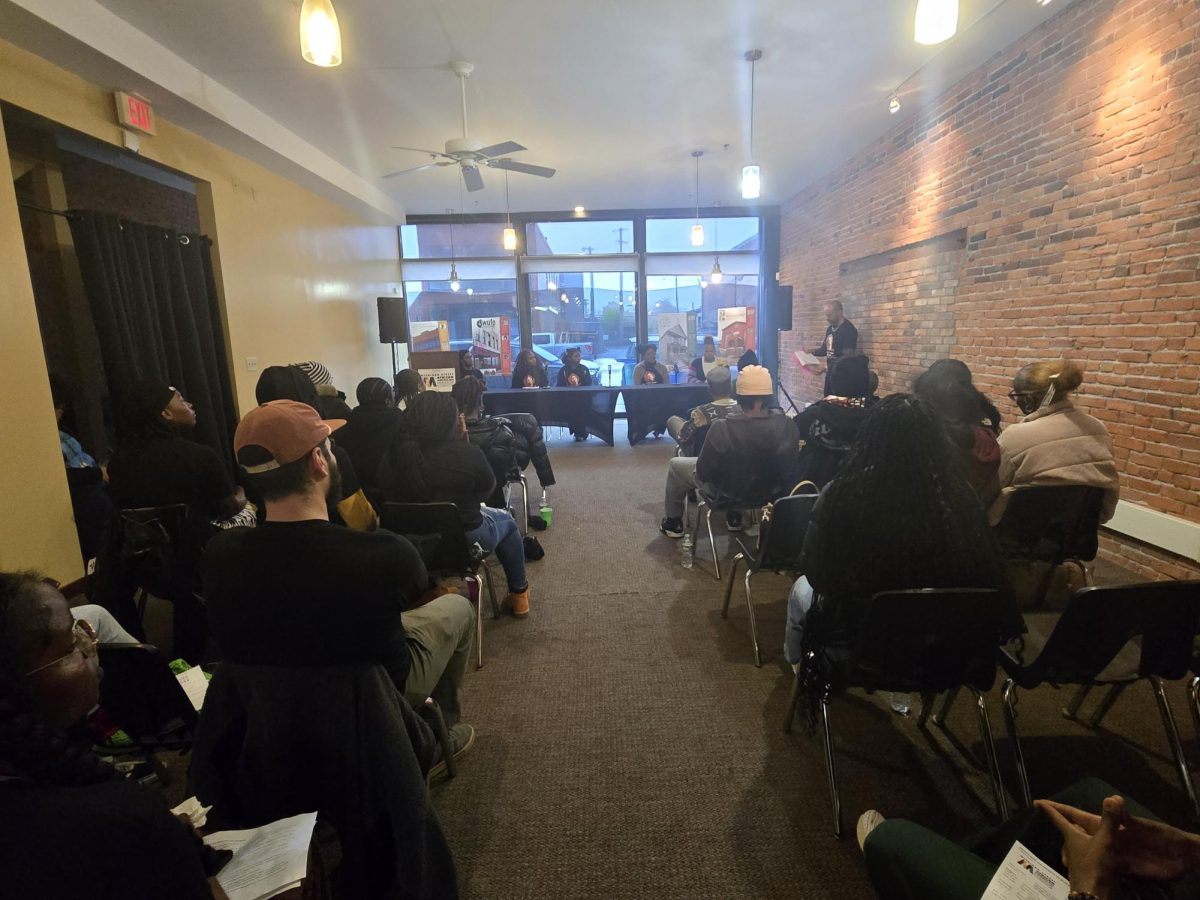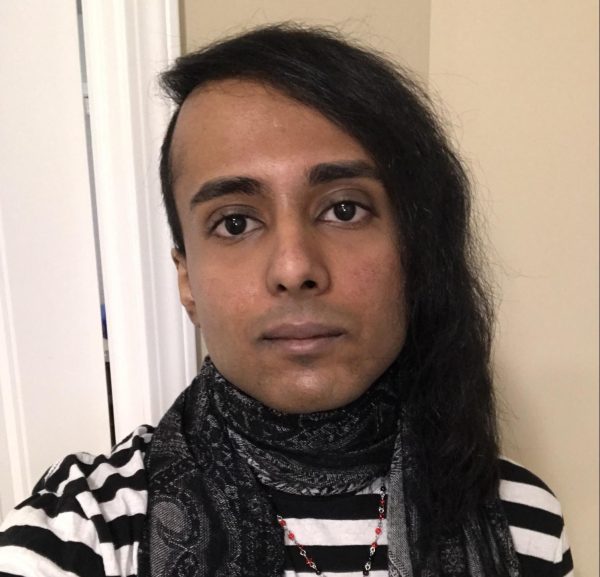Vocabulary is much more than spoken and written words
September 30, 2015
Where do our lexicons come from? Every person has their own set of words that they’ve come to acquire through various outlets in their day-to-day lives.
We learn the basics of our prospective languages from a young age, and continue to build upon them as we grow older. A majority of words are more common than others, but not all are shared. Some new words are easy to figure out, due to their context, while others require a dictionary.
My life has been enriched with the words of Aristotle for the past few weeks, due to my history of ethics course. As I complete the assigned reading each night, my brain tends to hit a road bump every so often.
This mental blockade tends to occur when a word is utilized and I have no idea what it means, or even how to pronounce it. Luckily, in this day and age, it’s quite easy to look up a definition —or have Siri pronounce it— but this often becomes tedious after a while.
As I stumble through each chapter, trying to figure out what Aristotle is saying, my brain wanders and I begin to speculate. I get stuck on the notion that I can’t possibly be the only person adding mileage to my Google searches. I cannot be the only one who doesn’t know these strange words.
I took my theory to students at Buffalo State. As I walked around campus, I had students define and pronounce my collection of bizarre words.
My collection consisted of six words that I selected from the Nicomachean Ethics by Aristotle. The six words I used were the following: ignominious, niggardliness, erroneous, irascible, habituate, and indignation.
I am perversely pleased to report that not one person could define, or pronounce all six of those words. A few people defined, or partially defined one word, but the majority were confused, much like myself.
I was quite happy to find that I wasn’t the only person struggling, but this basic notion led to further inquiry about how we acquire words.
From my example above, clearly, words can be discovered through class or classwork. If I never signed up for the history of ethics, I’m willing to bet that the word “niggardliness” would never come into my personal lexicon.
Classes have a way of pushing your limit on knowledge and forcing you to think outside of your standard parameters. They not only inform you, but also change your perspective and general awareness. I now know that when something described as “erroneous” it’s not defined as simply wrong, but morally incorrect.
The media also has influence on our language. Looking at television, there are hundreds of channels, with countless amounts of different programming. With all that is available at the click of a button, there is bound to be a word or two that is new to you.
The same goes for movies, radio, and print media along with social media and the Internet. It’s impossible not to pick up a sophisticated synonym from the New York Times, new slang from Buzzfeed, or something completely unique from Facebook.
These outlets are so readily available that we don’t stop to think about their influence on ourselves, let alone our language.
All of these avenues eventually lead back to people. We expand our knowledge, due to the youth and wisdom that surrounds us on a daily basis. We form our verbal expression from classic philosophers, late historians, and modern artists, as well as from friends, family, idols, teachers, and sometimes even from ourselves.
This influence around us determines the way we interpret the world, as well as how we choose to expressively reflect upon it. Without vocabulary, we wouldn’t be able to properly portray our ideas, or truly get our point across.
Ultimately, our lexicons derive from our worldly consumption. It comes from active participation in the world around us, utilizing the various facets that are available to us.
It is up to us to make use of these opportunities, and to nurture our vocabulary in the same way we develop our hobbies, and care for our belongings.
Our lexicons set us apart from everyone else in the world. Everyone uses their voice and their words differently. It is our job as students and as humans, to continue this silent pursuit, and to continue expressing ourselves in the best way possible.



